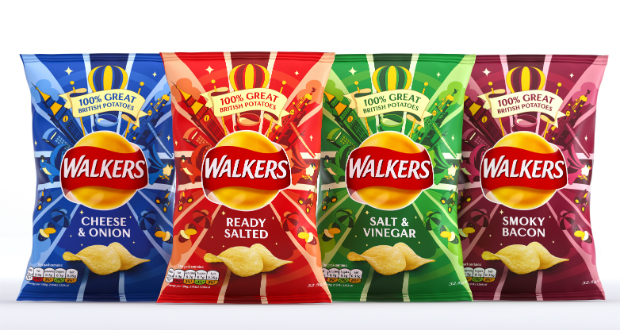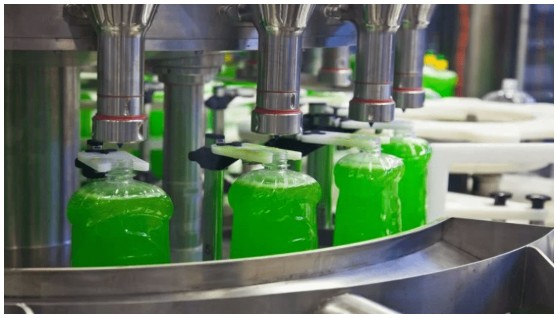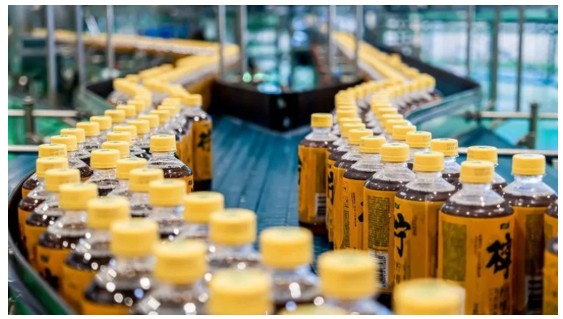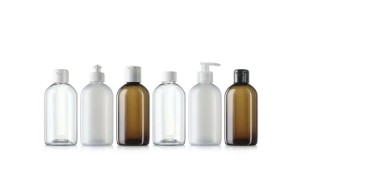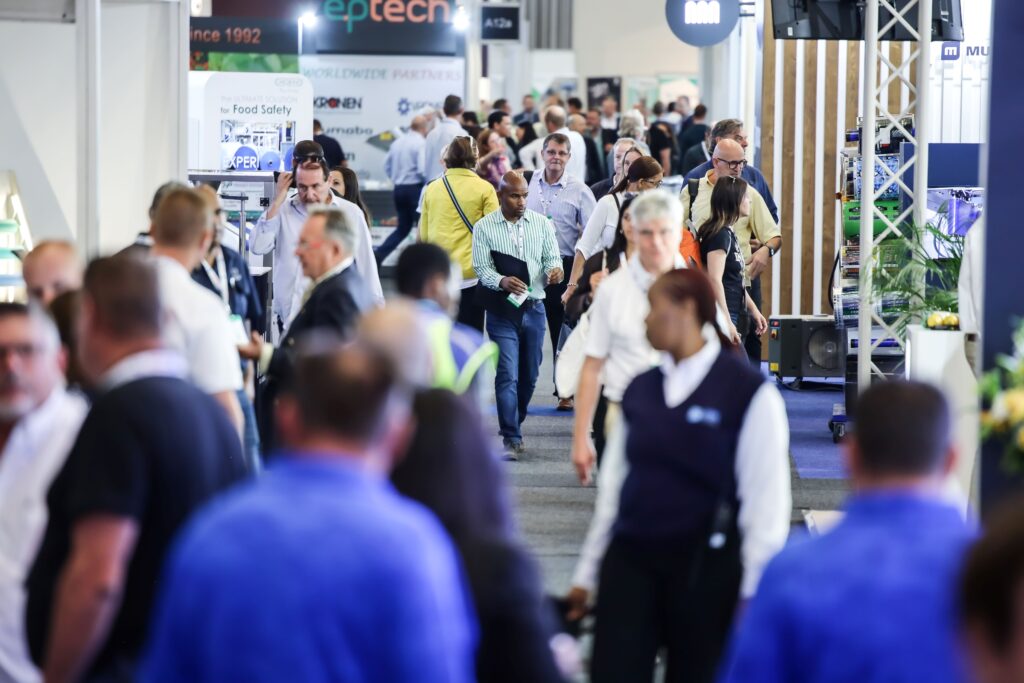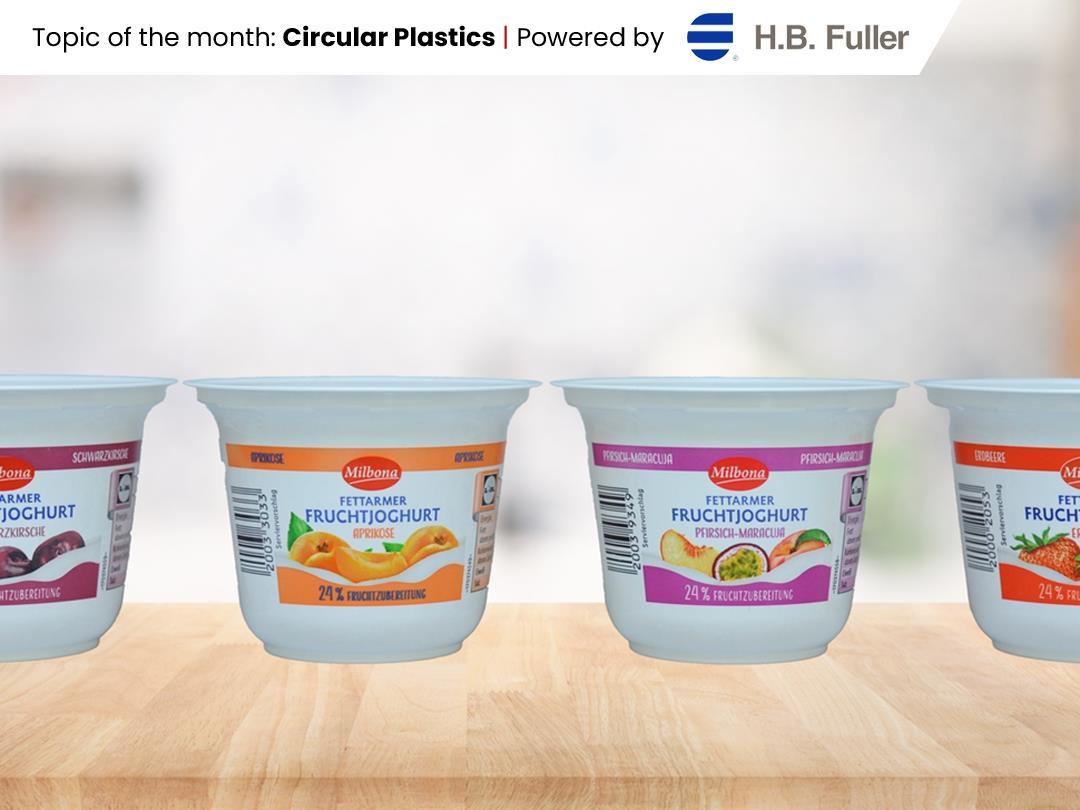PepsiCo Europe has announced that by 2030, it plans to eliminate virgin fossil-based plastic in all its crisp and chip bags.
This ambition, which follows the introduction of PepsiCo Positive, the company’s strategic end-to-end transformation with sustainability at the centre, will apply to brands including Walkers, Doritos, and Lay’s and will be delivered by using 100% recycled or renewable plastic in its packets.
Consumer trials of the packaging will begin in European markets in 2022, starting with renewable plastic in a Lay’s range in France in the first half of the year. Later in the year, a range from the Walkers brand in the UK will trial recycled content. The recycled content in the packs will be derived from previously used plastic and the renewable content will come from by-products of plants such as used cooking oil or waste from paper pulp. PepsiCo estimates it may achieve up to 40% greenhouse gas emissions reduction per ton of packaging material by switching to virgin fossil-free material.
Silviu Popovici, chief executive officer, PepsiCo Europe, commented: “Flexible packaging recycling should be the norm across Europe. We see a future where our bags will be free of virgin fossil-based plastic. They will be part of a thriving circular economy where flexible packaging is valued and can be recycled as a new packet. We’re investing with our partners to build technological capacity to do that. We now need an appropriate regulatory landscape in place so that packaging never becomes waste.”
PepsiCo uses flexible plastic for its snack packaging – the soft wrapping used to make its crisp and chip bags because it is lightweight compared to alternative packaging and therefore has a low carbon footprint. It is also highly effective at keeping food fresh thereby reducing food waste. However, PepsiCo recognises that change is needed to reduce the amount of virgin fossil-based plastic that is used and to drive circularity in flexible packaging. PepsiCo Europe will focus its work on three strategic pillars: the right design; the right infrastructure and the right new life for flexible packaging.
Beyond the switch to renewable and recycled content, PepsiCo has developed its “Making Bags Better” program, that will focus on a series of investments and innovations so more flexible plastics will be recycled and reused in Europe.
Gerald Rebitzer, sustainability director at Amcor, PepsiCo’s flexible packaging partner in Europe, said: “We are building a future where flexible packaging is part of the circular economy. Together with PepsiCo, we enhanced the material technologies on PepsiCo’s new crisp packet to make it easier to recycle. And we are beginning to integrate renewable and recycled content into PepsiCo’s packaging. To meet the demands of our clients like PepsiCo, we encourage more partners upstream to invest in the supply chains of these new materials.”
PepsiCo has also been working to reduce unnecessary packaging across its individual bags and multipacks as part of its commitment to a 50% reduction in virgin plastic per serving by 2030. Progress is being made towards this goal, including in markets such as the UK where on some parts of the range, PepsiCo has reduced its multipack outer by up to 30% using innovative technology in its manufacturing facilities.
Source:

